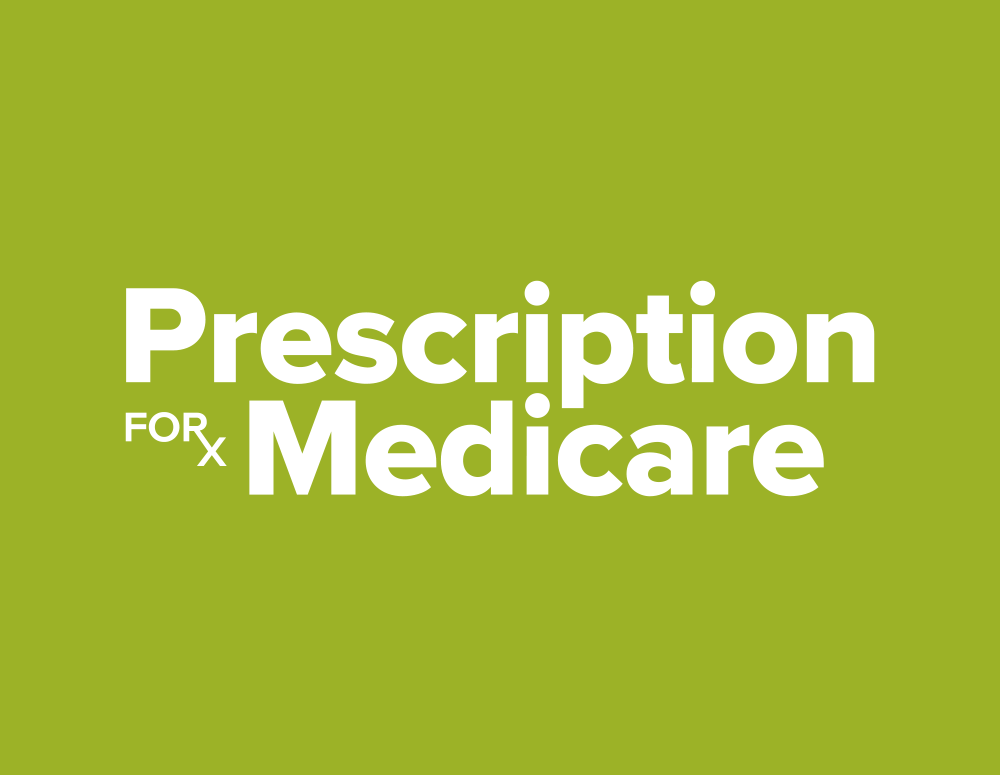Mounting research continues to point to how international reference pricing schemes, like the Department of Health and Human Services’ (HHS) International Pricing Index (IPI) Model, could result in serious, unintended consequences not only for patients but for the U.S. health care system as a whole. This week, we are spotlighting recent data on the impact the proposed demonstration could have on patient access to needed treatments, research and development (R&D) of innovative medicines and patients’ out-of-pocket costs. Here’s a closer look:
- 96% of new cancer medicines vs. 65% or 56%: When used in foreign countries, international reference pricing (a method of government price setting) has contributed to restricted access to medicines. In the United States, 96% of new cancer medicines are available to patients, compared to 65% and 56% of new cancer medicines in France and Canada, respectively. Even a recent report from the HHS Assistant Secretary for Planning and Evaluation (ASPE) found that only 11 of the 27 Part B medicines analyzed were available in the 16 comparator countries examined.
- 0-3 months vs. 11 months or 19 months: Patients could also expect delays in receiving new medicines if foreign price-setting policies are implemented. In fact, of the new cancer medicines available globally, patients have to wait 11 months in the United Kingdom and 19 months in France, on average, compared to up to 3 months in the United States. Some of the country’s most vulnerable seniors rely on Part B medicines to treat serious, complex conditions like cancer, and delays in treatment could mean the difference between life and death for some patients. A recent IHS Market analysis estimates Americans diagnosed with locally advanced or metastatic non-small cell lung cancer between 2006 and 2017 would have lost half of the life years they gained from new treatments if the United States adopted foreign health technology assessment frameworks to determine access to care. International reference pricing schemes are expected to have a similar impact on health outcomes if implemented in the United States.
- 8 to 13 new medicines: Government dictated prices in other countries significantly reduce the amount of global biopharmaceutical R&D. Recent research estimates that lifting government price controls in OECD countries would result in 8 to 13 additional new medicines launching globally every year by 2030. In contrast, replicating foreign government price controls in Part B could discourage continued medical innovation here in the United States. In a survey of PhRMA members companies, 77% said the IPI Model would affect their ability to pursue current or future R&D projects and 92% foresaw risk of reductions in Part B R&D investments overall.
- Less than 1% of seniors: The administration suggests that its international reference pricing proposal would lower out-of-pocket costs for seniors. However, any reduction in patient costs could come with a significant reduction in the number of medicines available in the United States. Plus, a recent Avalere study looking at the IPI model found that less than 1% of seniors in Medicare would see reduced out-of-pocket costs if the model includes the 27 medicines listed in the ASPE report.
When taking a close look at these facts, it’s clear this far-reaching proposal would take the Part B program in the wrong direction. We urge HHS to abandon the proposed demonstration and instead pursue reforms grounded in market competition and patient-centered care.
Find out more about how the IPI Model is the wrong prescription for Medicare at PrescriptionForMedicare.org.



